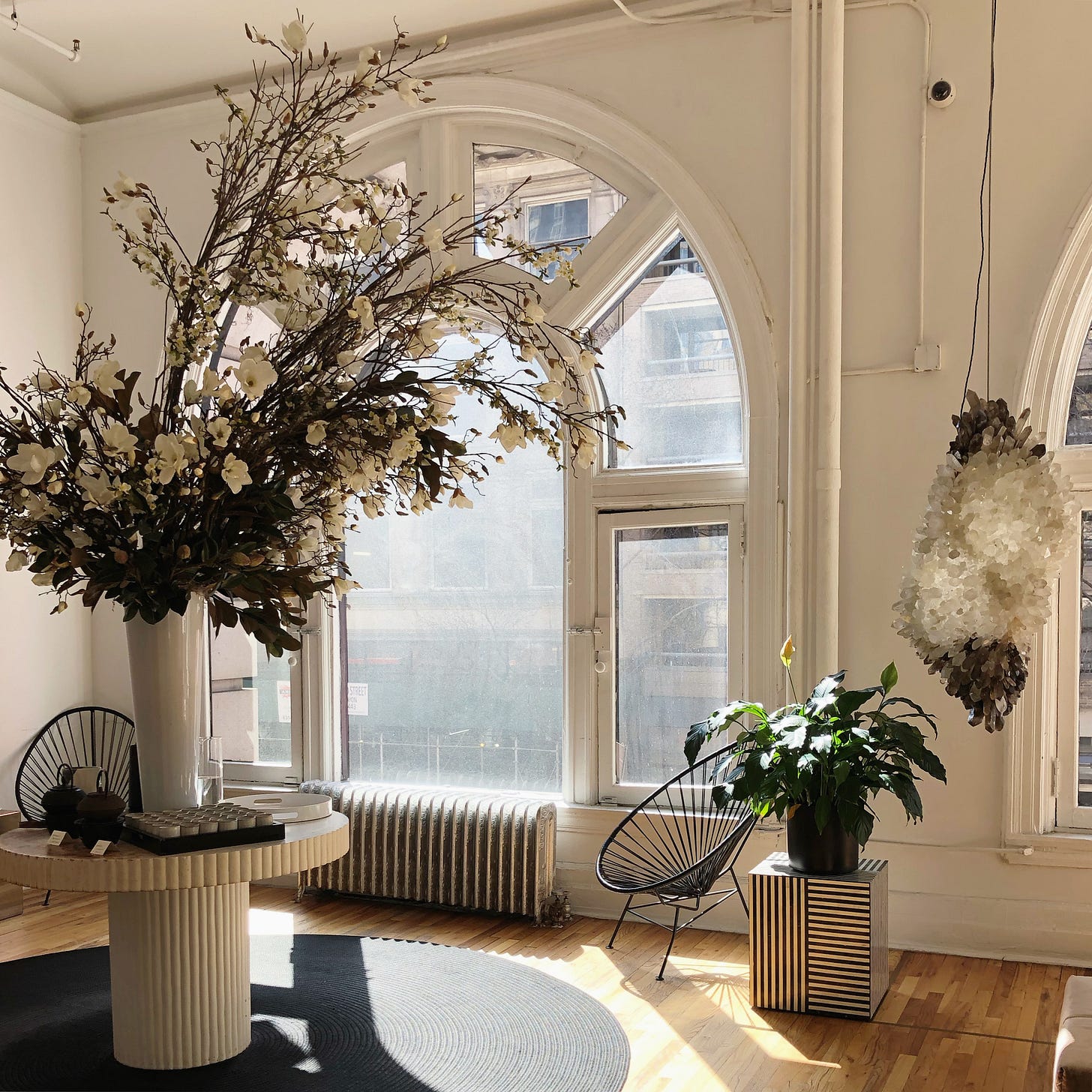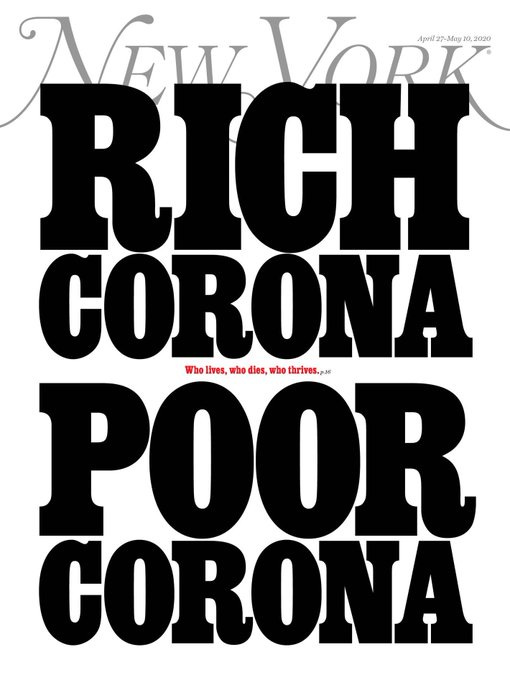
A photo of the Humming Puppy lobby in NYC taken by me on March 1, 2020, one of the last fitness classes I attended before the coronavirus pandemic
I save myself from ranting on Twitter by carefully thinking about how I can expand my thoughts into an entry. Yesterday, I was set off after reading an account from Boris Johnson’s daughter about shopping as a form of “self-care” during the pandemic for British Vogue—not once does she mention her infected father by the way—and another writer’s jealousy-fueled attempt to drag the critically-acclaimed author Sally Rooney. (Side note: Is she giving anyone else major bootleg Cat Marnell vibes?) What do both of these women have in common? They are white, wealthy, and British.
I’ve tried to wrap my head around it, but I really don’t see what seemingly healthy people in a privileged position have to gain from complaining about such minor inconveniences when they have easy access to all of the world’s greatest resources from a non-oppressive environment. If I were in their designer shoes I would just… be quiet? I can’t imagine being that out of touch with reality, must be nice!
This cover for the latest issue of New York Magazine is exactly what comes to mind when I see the phrase “health is wealth” being casually tossed around in conversations and reprinted on merchandise amidst the coronavirus pandemic. In theory, I agree that there’s nothing more valuable to invest in than your health. But the way in which “wellness” has been weaponized in the current state of our declining economy cannot be overlooked.

I’ve been brewing on this for weeks following a Jezebel piece about the phenomenon of buying into immunity in the form of overpriced supplements, powders, and superfoods. It wasn’t until I read Cristina Cuomo’s blog post about the questionable “natural remedies” her family has been following to recover from coronavirus under the guidance of a doctor and energy medicine physician that I was fully sent over the edge though. It reminded me of a post that my friend Shelby published on her Please Clap newsletter about the ongoing Goop hating trend.
“I’m sharing my journey, and many of these things are not widely available—I know how lucky I am to be able to have access to these things I write about as well as access to doctors through the work that I do,” Cuomo wrote. “Access to health care and medicine is not a privilege, it is a human right.”
Amy Lorocca outlines exactly what I’m talking about in her latest article for The Cut titled “In a Pandemic, Is ‘Wellness’ Just Being Well-off?” She concludes with a statement about how privilege is not the same as immunity, but clearly helps when faced with a global health crisis. I implore you to read the whole piece, but this is the part that highlights my speeding train of thought:

During times like these, how can people prioritize their personal well-being when they’re being prevented from doing so? As I sit here typing this out I can’t ignore the fact that most employers don’t actually care about the personal well-being of their staff. This is fully demonstrated when conflicts arise over basic changes to benefits policies like unlimited paid work from home, sick, or vacation days, or efforts to unionize are met with malicious retaliation. Freelance and “permalance” workers don’t even have the option of being provided health insurance. There will never be enough credible programs in place to protect all of us.
I never subscribed to the “work-life balance” mentality because I prided myself on having a life outside of work, so what happens now that I’ve lost my job and have limited access to my preferred resources? (Side note: I’m not setting up a paid subscription for this newsletter, but donations are welcome through PayPal or Venmo if you want to financially support my work.)
It’s true that no one is immune to COVID-19 and this virus doesn’t discriminate, but the U.S. healthcare system absolutely does. We’re seeing the toll this crisis is taking on black and brown communities nationwide at an alarmingly disproportionate rate as “essential workers” are forced to put their lives on the line. So no, we are not all “going through the same thing” and allowing others to project this myth on and offline is dangerous.
Remember how we used to laugh as the coronavirus-themed dirty chain texts and memes spread around the Internet? Now it’s not funny anymore. Those “we are the virus” jokes don’t hit like they used to either. Everyone is having their own individual experience during the pandemic based on a variety of distinct factors (race, class, health, finances, etc.) and to imply otherwise is dismissive. Caucasity is toxic.
There are so many vulnerable people in this world who are struggling to survive right now because they are chronically ill, immunocompromised, disabled, and/or poor. I highly encourage anyone reading this to follow and support Sharona Franklin’s Hot Crip advocacy project on Instagram—hopefully I’ll have an interview with her running somewhere soon so stay tuned.
At long last, my “self-care” story for Byrdie is finally live if you want to bite into it. The erasure of women of color in a practice that was originally intended to push us to persevere has been eating me up inside for months; I’m so grateful that I found a home for such an important discussion that needs to be opened up to wider circles. Until then, I’ll continue to find platforms where I can help amplify marginalized voices and raise these questions, comments, and concerns.
I recently finished reading Slave Play and at the end of Act 2 the character Kaneisha has this revelation about her husband being a virus that really resonated with me:
“Your mere presence was biological warfare.
VIRUS.
You’re a virus.
You’re the virus.
That’s why I look at you as though
you are infected.”



